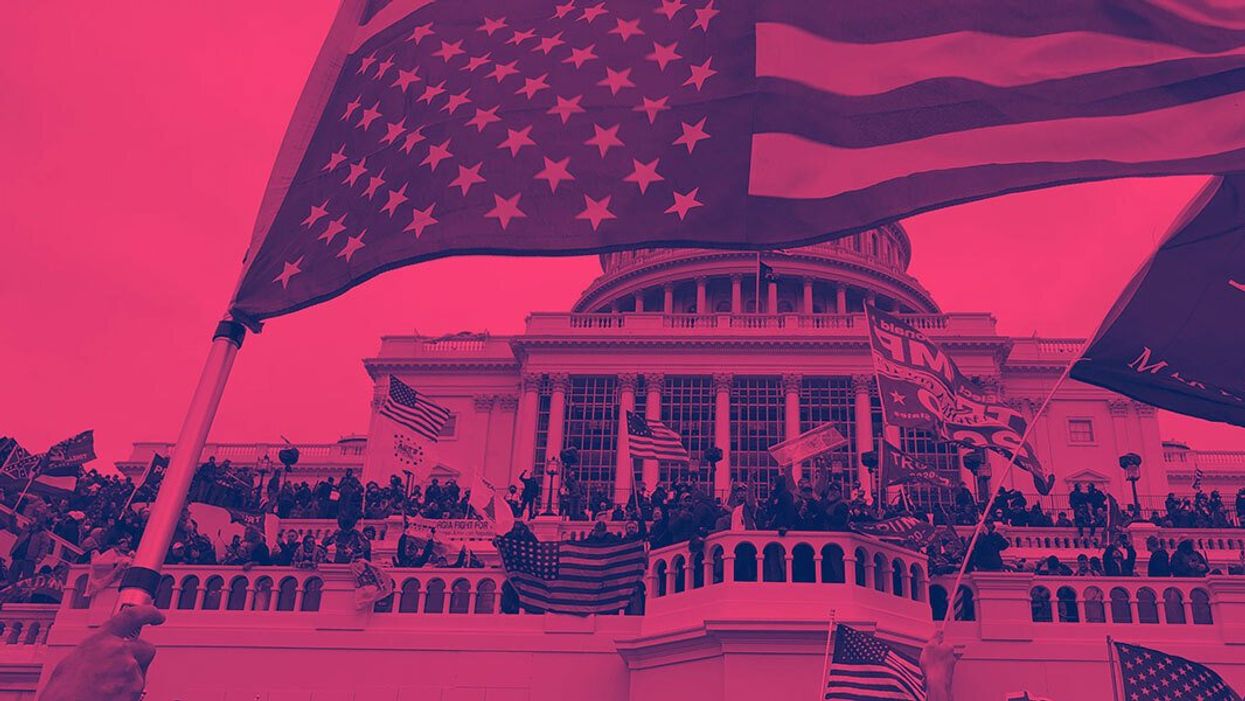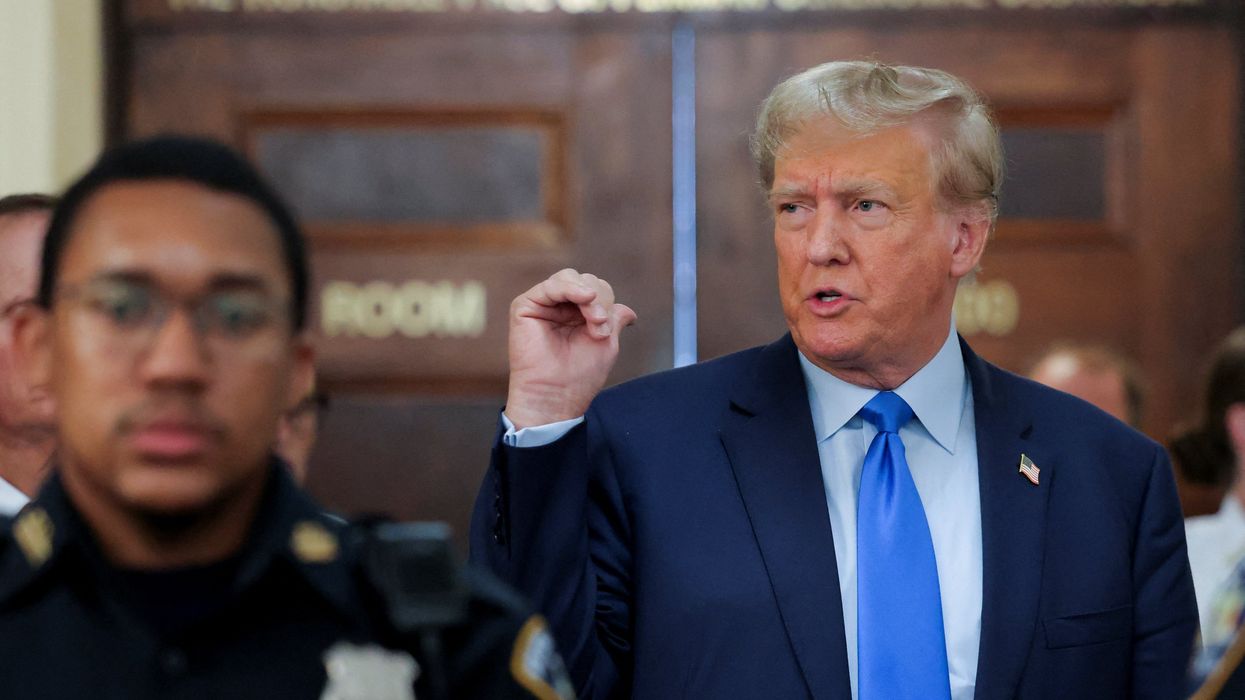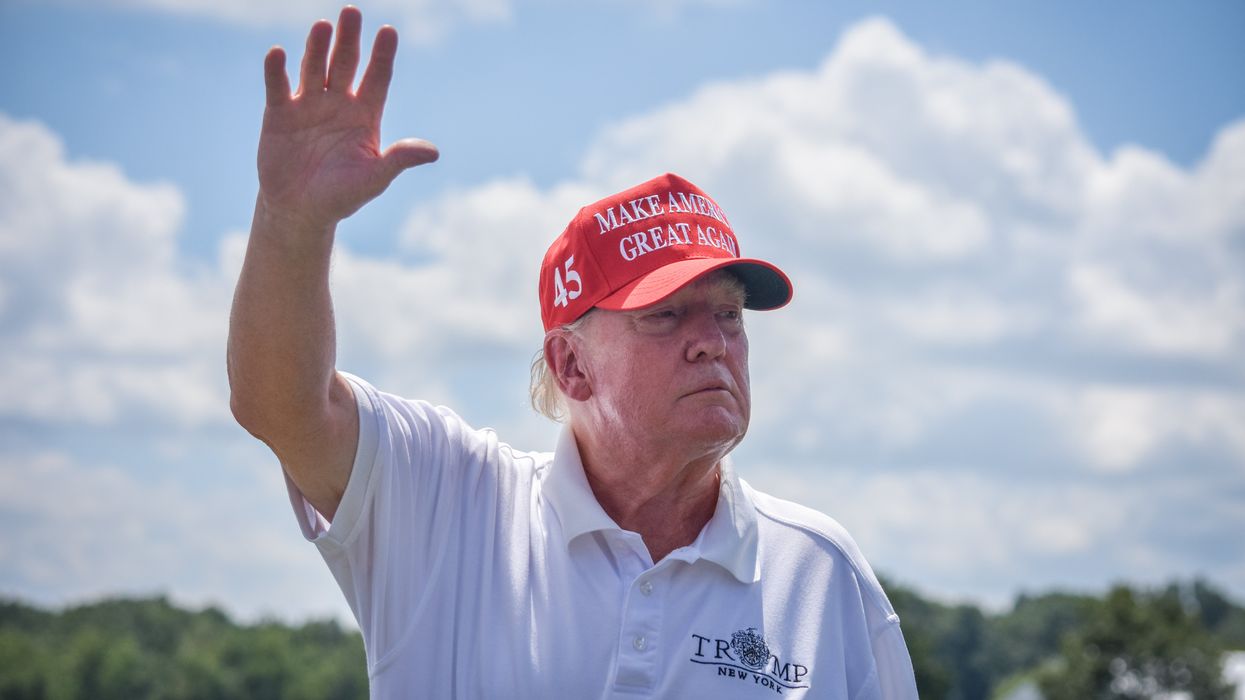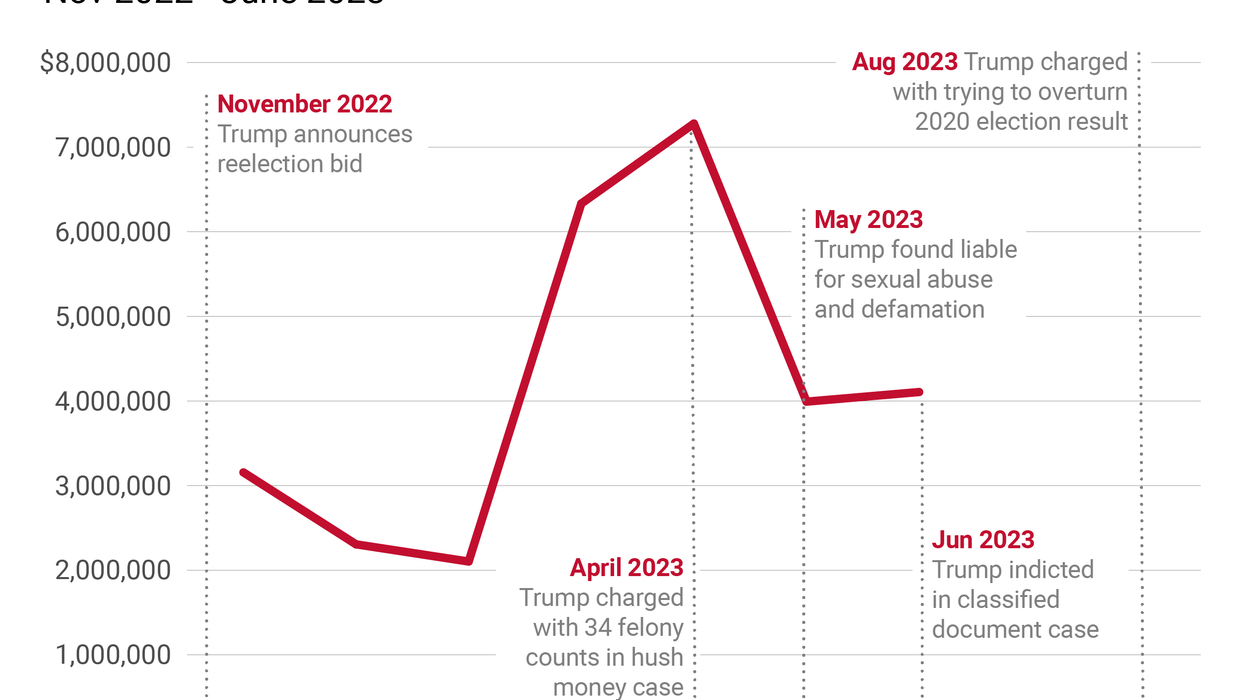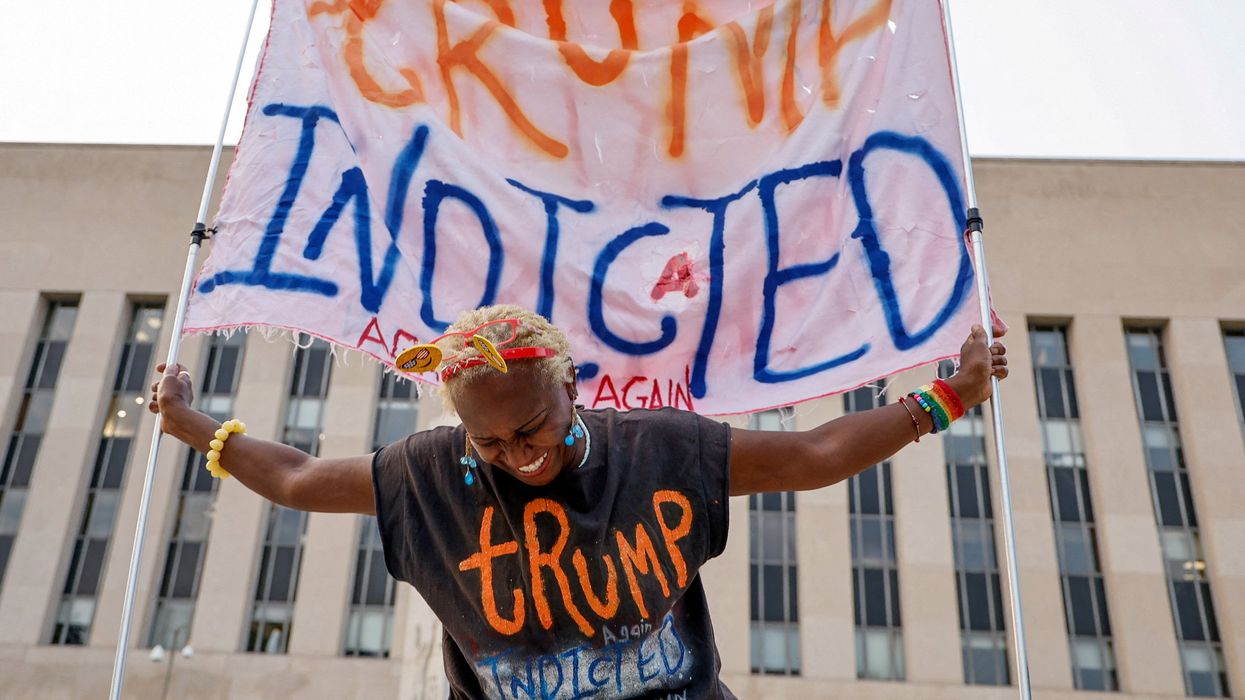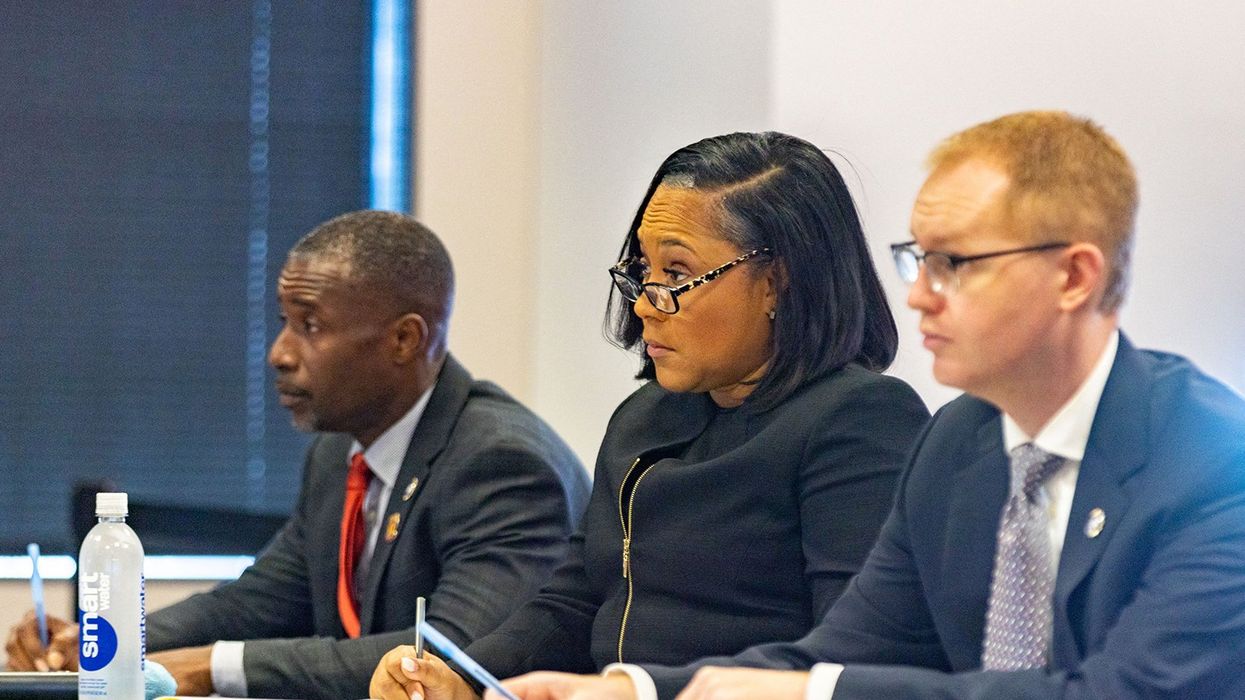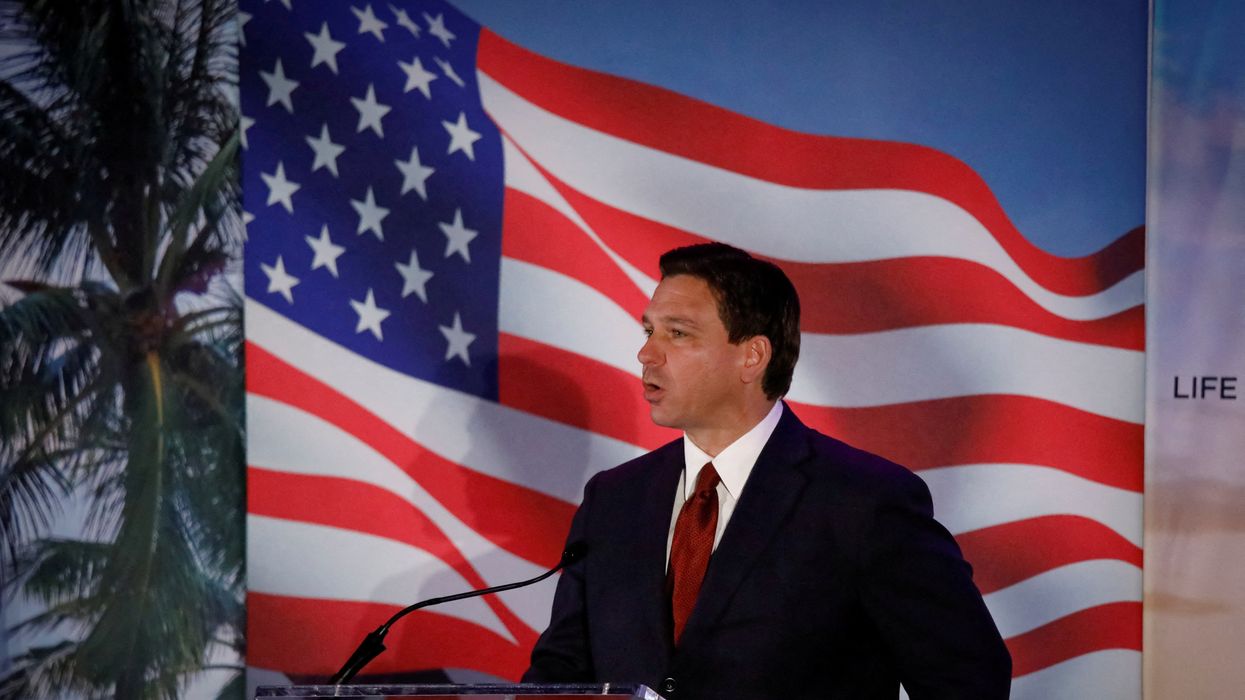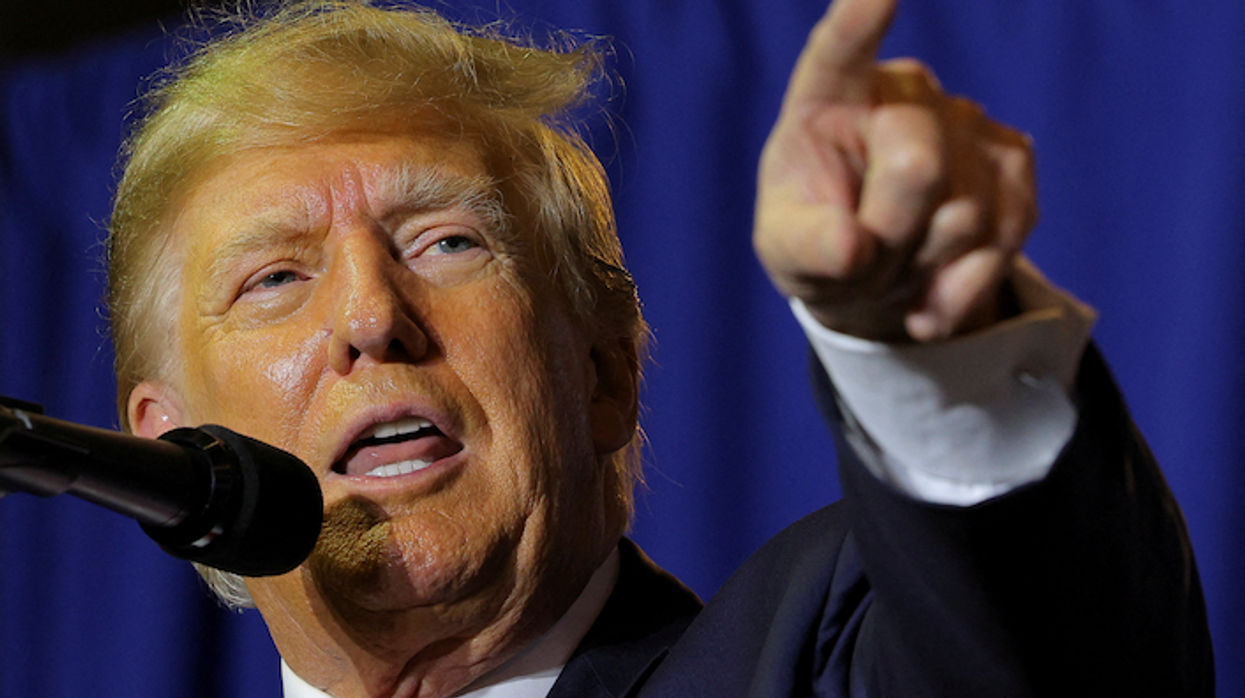US Election
The Disinformation Election: Will the wildfire of conspiracy theories impact the vote?
Trust in institutions is at an all-time low, and only 44% of Americans have confidence in the honesty of elections. Distrust and election-related disinformation are leaving society vulnerable to conspiracy theories. As part of GZERO Media’s election coverage, we are tracking the impact of disinformation and conspiracy theories on democracy. To get a sense for how this election may be pulled down a dark and dangerous rabbit hole, click here for our interactive guide to conspiracy theories.
Jun 13, 2024

